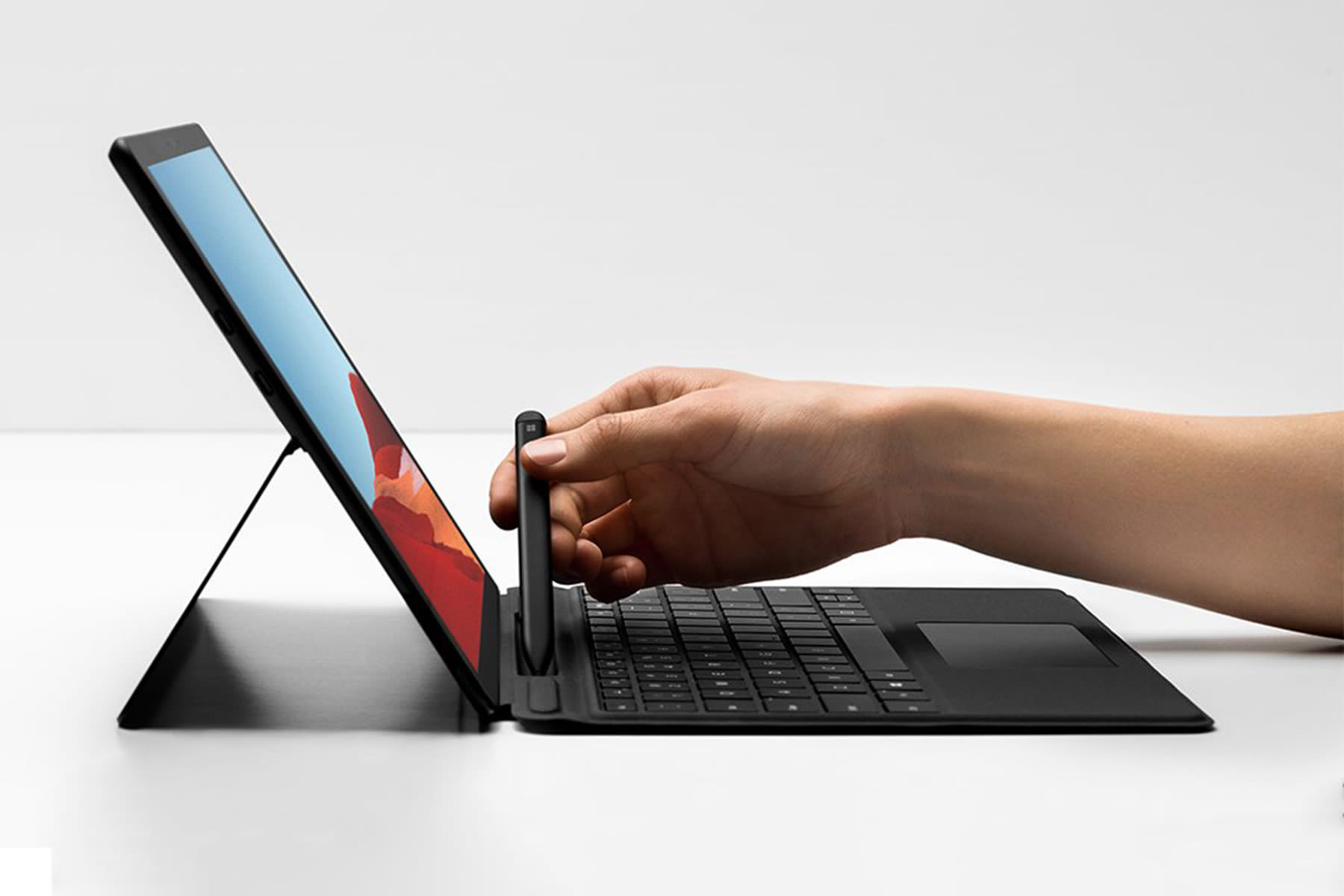
If you read our interview with ARM co-founder John Biggs, you know the company behind the processor in most smartphones had quite modest beginnings, what with an office in a barn and all. But Biggs is only part of the story, and Reghardware fleshes the rest out with a two-part series on the "unsung heroes of tech": Sophie Wilson, Steve Furber and Herman Hauser, the team behind Acorn Computers, the British PC company that spawned ARM in the mid-80s. We'll let you click through to the source links to take the journey yourself, but here are a few highlights: earning a computer contract with the BBC, happening upon ARM chips' low power consumption by accident and striking gold thanks to a partnership with Apple.
Series revisits ARM's humble beginnings, BBC Micro and all originally appeared on Engadget on Fri, 04 May 2012 10:47:00 EDT. Please see our terms for use of feeds.
Permalink |
 Reghardware (1), (2)
Reghardware (1), (2) |
Email this |
Comments
 Microsoft is reviving its dream of an ARM-powered Surface device. Today, the company unveiled Surface Pro X, a tablet-laptop hybrid powered by a custom SQ1 processor. That chipset has "Snapdragon mobile DNA," according to Panos Panay, Microsoft's chi...
Microsoft is reviving its dream of an ARM-powered Surface device. Today, the company unveiled Surface Pro X, a tablet-laptop hybrid powered by a custom SQ1 processor. That chipset has "Snapdragon mobile DNA," according to Panos Panay, Microsoft's chi...
 Microsoft is reviving its dream of an ARM-powered Surface device. Today, the company unveiled Surface Pro X, a tablet-laptop hybrid powered by a custom SQ1 processor. That chipset has "Snapdragon mobile DNA," according to Panos Panay, Microsoft's chi...
Microsoft is reviving its dream of an ARM-powered Surface device. Today, the company unveiled Surface Pro X, a tablet-laptop hybrid powered by a custom SQ1 processor. That chipset has "Snapdragon mobile DNA," according to Panos Panay, Microsoft's chi...






